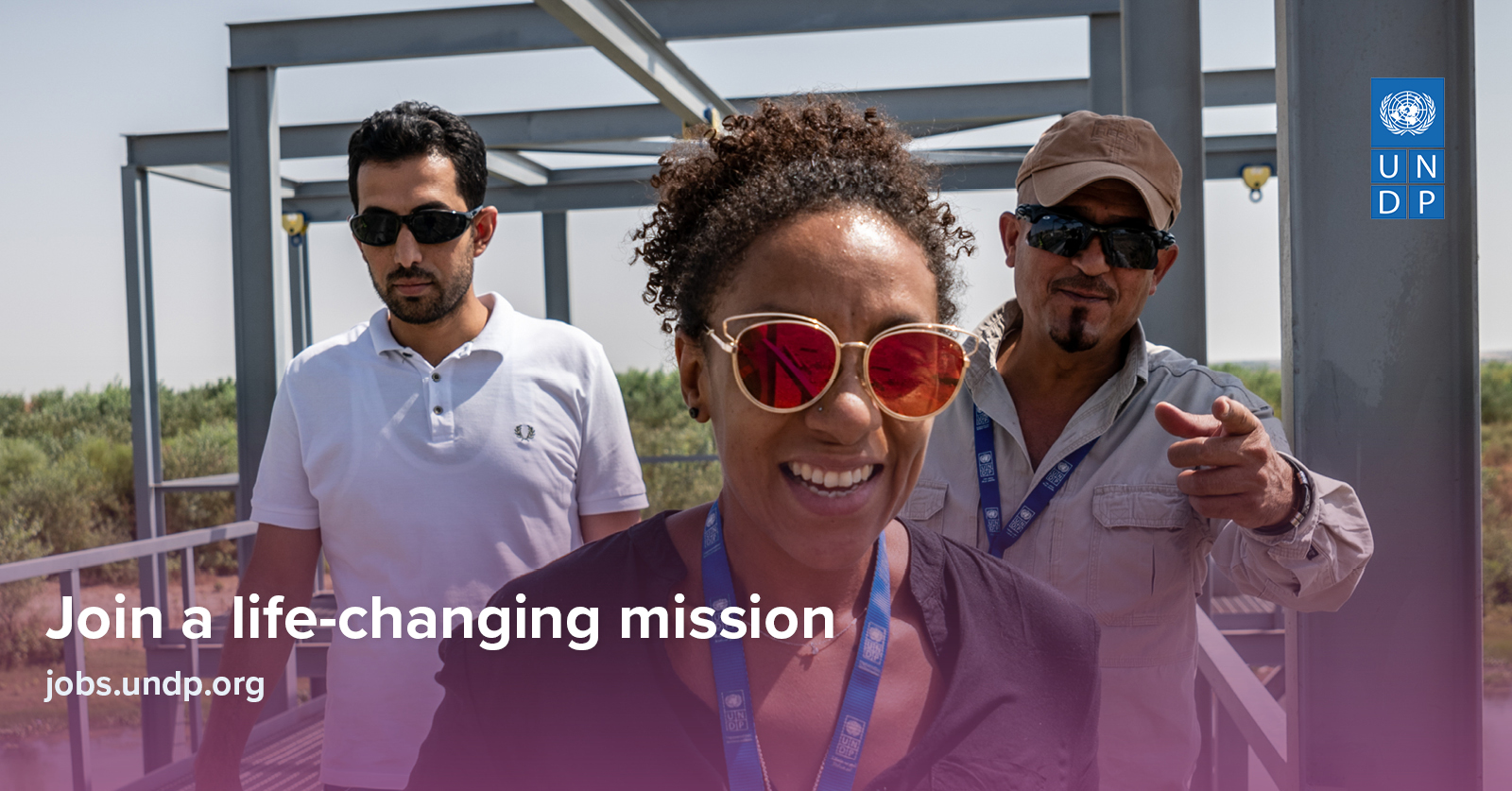
The United Nations Development Programme (UNDP) is present in more than 170 countries and territories and contributes to the eradication of poverty, the reduction of inequalities and the increase of sustainability. In this challenging scenario, the development of partnerships is a crucial aspect for the achievement of UNDP’s goals and the engagement of different institutions from the private and public sectors. In the area of environment and sustainable development, the mandate of UNDP is to support countries in integrating environment, energy and climate change into national policies, strategies and programmes, adapting to climate change and ensuring access to environmental and energy services for the poorest. Climate change is now the greatest challenge humanity has ever faced, threatening the water and food security, health, livelihoods and security of billions of people. The global response to this challenge must be fair, inclusive, and leave no one behind, while seeking the most effective climate solutions that advance multiple sustainable development goals at once.
Under the new Strategic Plan (2022-2025), energy is one of UNDP’s six signature solutions – alongside poverty and inequality, governance, resilience, environment, and gender equality – to support countries towards three directions of change: structural transformation, leaving no one behind and resilience. Scaled-up programming efforts on energy access and the energy transition will be coordinated under the newly established Sustainable Energy Hub (SEH), which represents parts of the organization’s systematic and programmatic approach to respond to the energy and climate change agendas. As per UNDP’s new Strategic Plan 2022-2025, the main objective of UNDP is increasing energy access for those furthest behind. By speeding up investment in distributed renewable energy solutions, especially for those hardest to reach and in crisis contexts, it aims to increase access to clean and affordable energy for 500 million people by the year 2025.
Through the Sustainable Energy Hub, UNDP will harness networks, experience and innovation to scale-up energy programming efforts and shape policy, building on the existing portfolio of energy projects, covering over 100 countries to harness clean energy and support the energy access and transition as well as on UNDP’s Climate Promise, UNDP’s Sustainable Finance Hub and UNDP’s Digital offer. UNDP will also work with Governments in programme countries as they recover and build forward better from COVID-19 and with investors to unlock and harness public and private finance to power progress towards multiple SDGs. Finally, recognizing that change will be disruptive, UNDP will strive to ensure that such transitions are just, and that their impact on vulnerable people is understood and duly mitigated.
Sub-Saharan Africa is home to approximately 600 million people without access to clean, affordable energy, making the region a key focus of UNDP’s new Strategic Plan energy objective and scaled up energy offer, which seeks to provide access to clean and affordable energy to 500 million people through strategic partnerships and targeted stakeholder engagement.
The UNDP’s Renewed Strategic Offer in Africa, or “Africa Promise”, aims to “strengthen UNDP’s position as Africa’s premier partner on the 2030 and the 2063 Agendas”. Affordable and sustainable energy constitutes one of the six Strategic Impact Areas of UNDP’s Africa Promise, focusing on energy interventions to play their role as enablers of development. The Africa Promise pledged to provide at least 100 million people with access to Energy by the end of the current Strategic Plan.
The Regional Programme for Africa (2022-2025) constitutes the vehicle for realizing UNDP’s Renewed Strategic Offer in Africa. The new Regional Programme will explicitly situate itself as a regional catalyst and incubator for people, prosperity, planet and peace.
In Angola, UNDP is currently implementing its Country Programme (CPD) for the period of 2020 – 2022, which is based on the premise of ‘leaving no one behind’ and ‘reaching those furthest behind first’. The programme includes integrated solutions to complex, interconnected development challenges. These challenges are currently being addressed through three complementary priorities:
fostering poverty eradication and inclusive economic growth;
increasing resilience to shocks and crises and enhancing management of natural resources for conservation and economic development; and
strengthening inclusive democracy, human rights, justice and rule of law.
In partnership with the Government of Angola, the Country Office (CO) under programme priority 2 (increasing resilience to shocks and crises and enhancing management of natural resources for conservation and economic development) has been mobilizing efforts and resources to address development challenges in the areas of biodiversity and ecosystems, renewable energy, environmental policy and planning, natural resources management and governance, climate change, disaster risk reduction, resilience building, recovery and livelihoods. Efforts are always made to scale up gender responsive support, identifying entry points to fully mainstreamed gender considerations into all relevant components. Hence, in order to enhance Energy Access in Angola, which currently stands at 42.7%, leaving an estimated 18,909,000 persons without access to clean and affordable energy, seedling funding were sourced from the organization core resources as catalytic to further expand the CO energy portfolio. This is strongly aligned with the Government´s National Development Plan (PND) 2018-2022 of bringing electricity coverage at 50% by end of 2022, and with the Angola Energy Plan´s target of 200 MW of renewable energy by 2025.

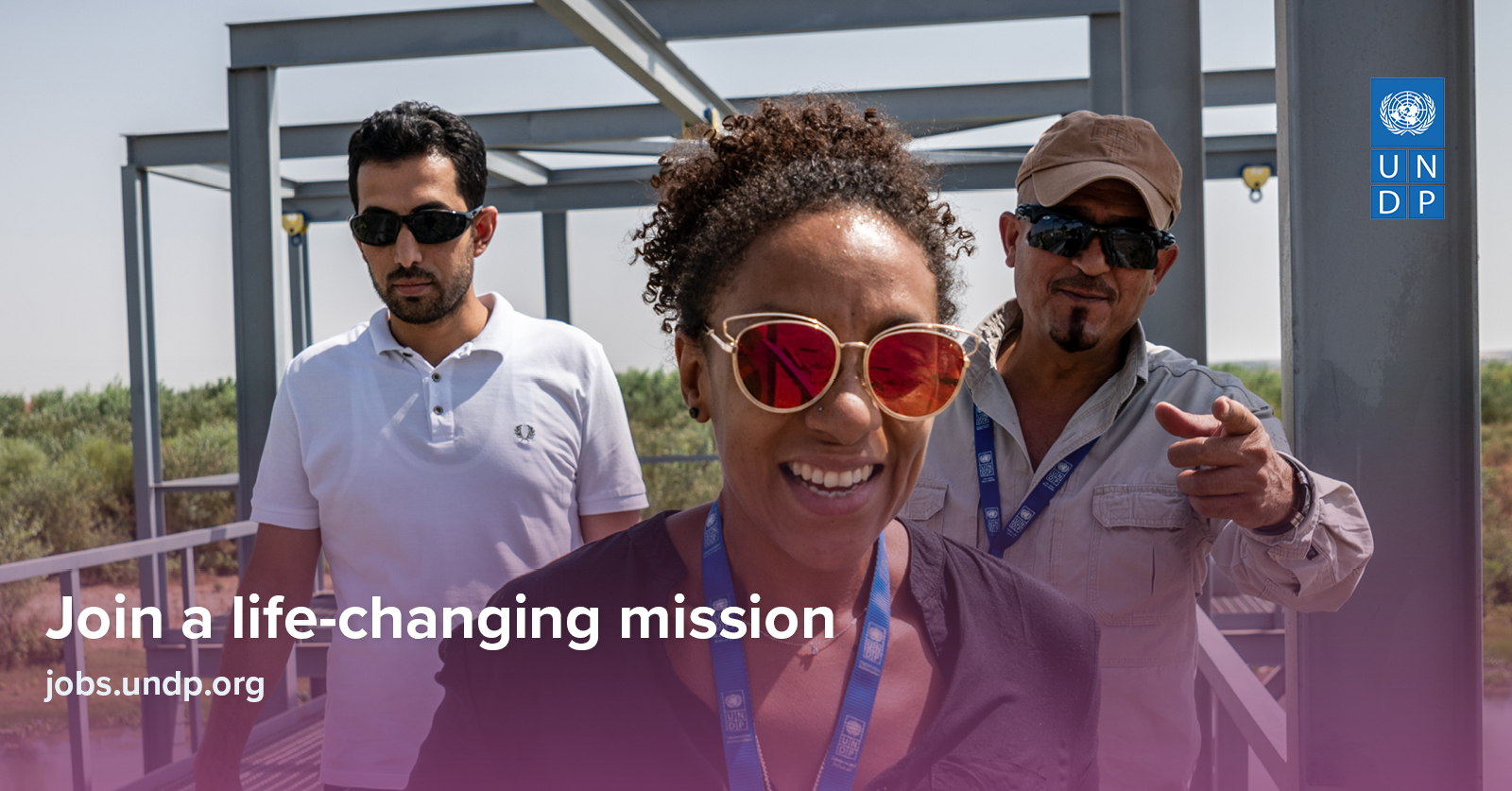
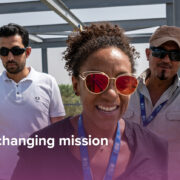



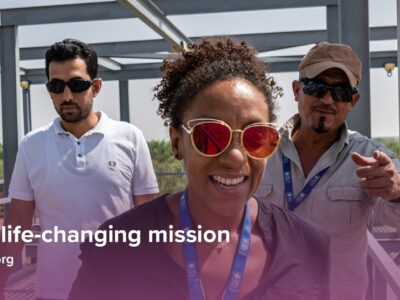

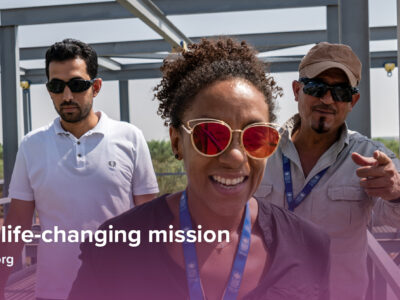

Comments